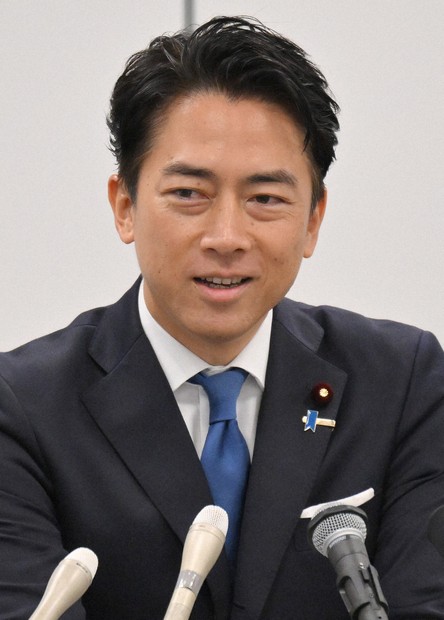The leading candidate for the upcoming election in Japan has taken a rather cautious approach to the recent controversial subsidy proposal, stirring discussions among policymakers and voters alike. Their policy position, described as tentative, marks a significant diversion from the more assertive stances taken by other candidates, which has raised concerns among different segments of the society. The candidate's nuanced way of handling this matter signifies the complex and challenging nature of political and economic policymaking in Japan.
In Japan, news about political leaders' positions on significant proposals often influences voters' preferences, as policies directly affect their daily lives and the economy. Exceptional interest is placed on policy decisions on public expenditures like subsidies because of their impact on welfare, the economy, and the general direction of the society.
In the US and EU, similar debates often occur during election periods. However, the level of voters' interest may vary considerably depending on the relevance of the policy to everyday life and the timing of the announcement. Also, unlike in Japan, candidates in the US and EU might take stronger and less equivocal positions on critical issues, as voters there tend to prefer such approach.

